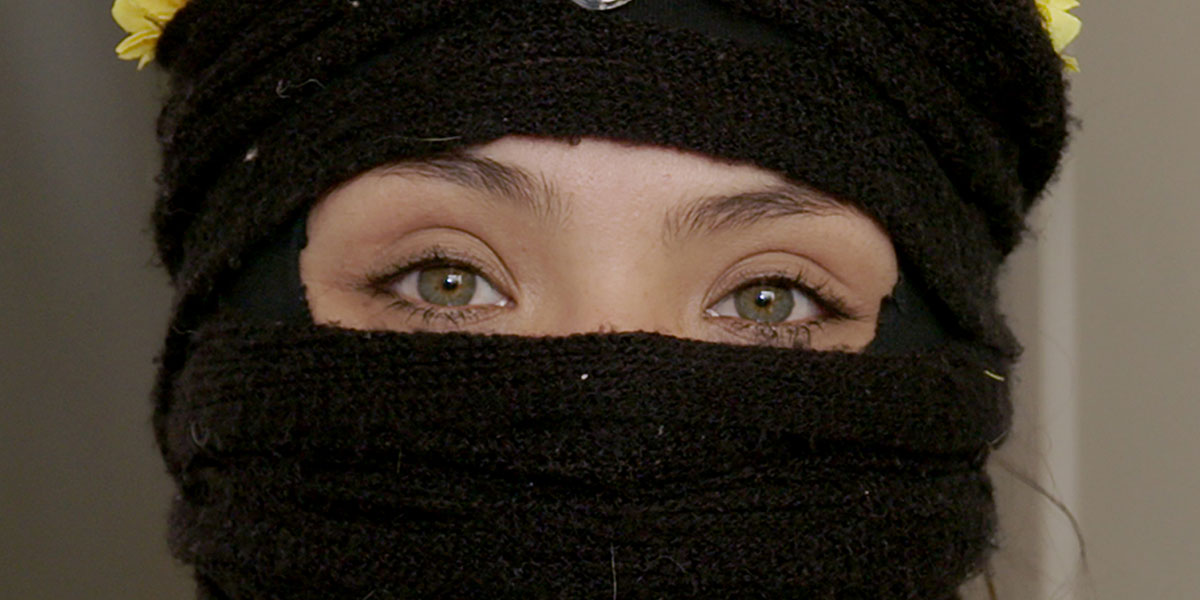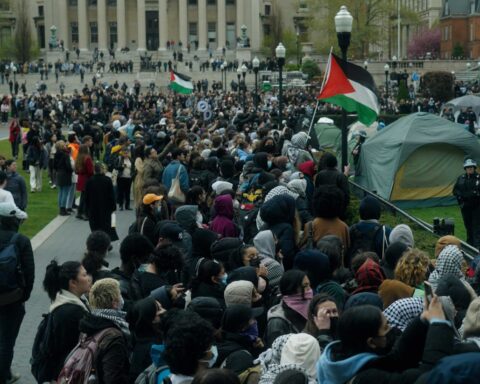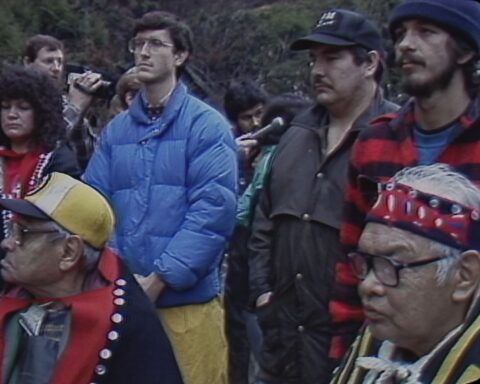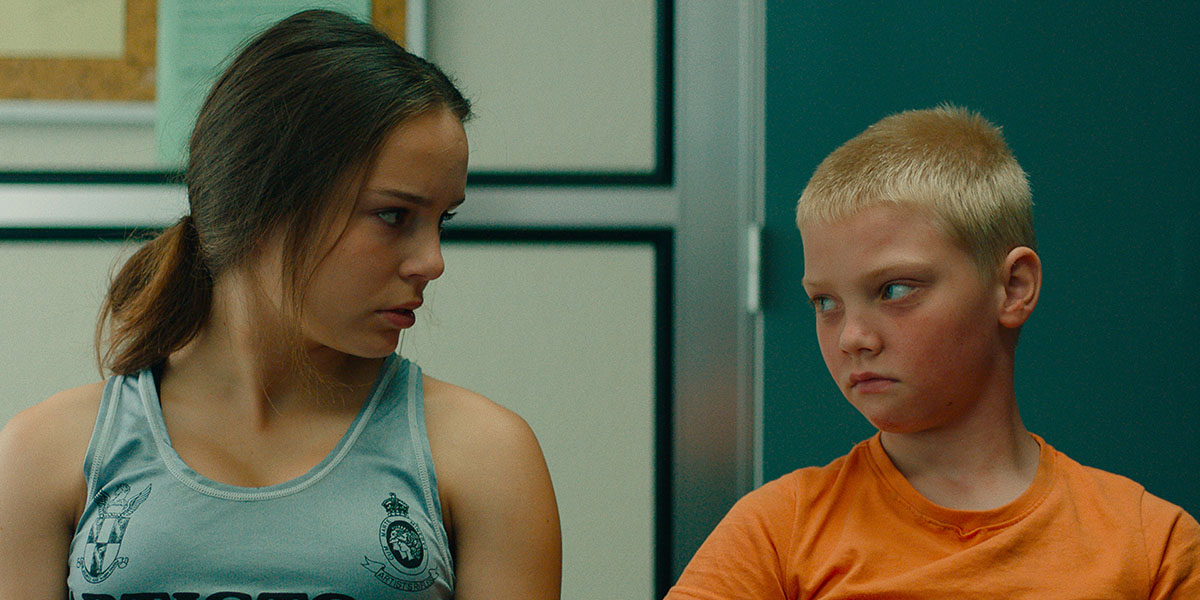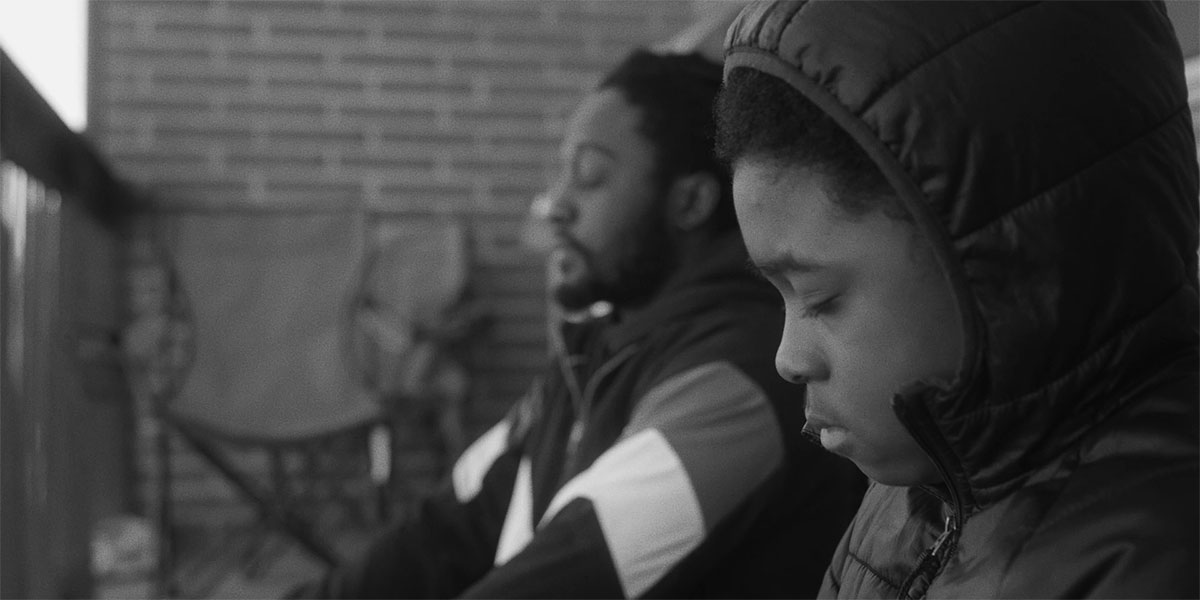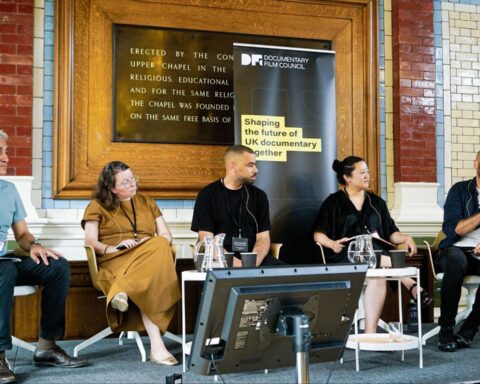My Imaginary Country
(Chile/France, 83 min.)
Dir: Patricio Guzmán
Programme: TIFF Docs
The trouble with making documentaries about current events is that things can go topsy-turvy overnight. That famously happened to Chilean master filmmaker Patricio Guzmán when he was a young man covering his national election in 1973. He expected to document Salvador Allende’s victory but instead had to flee for his life with footage leading up to the overthrow of the Socialist government by right wing forces led by General Pinochet. The resulting film turned out to be the classic verité doc The Battle of Chile Part Two, which established the filmmaker’s reputation internationally.
Now, nearly 50 years later, the filmmaker is back in Chile, documenting another time of momentous change. Guzmán lives in France but has spent a considerable amount of time in his native country since the more than 30 years since Pinochet’s junta was miraculously defeated in what was supposed to be a rigged election. But despite the restoration of a form of democracy to Chile, Guzmán has never taken up residence again, preferring to make films about the historic trauma he witnessed, often shooting in his native land, but producing in France. Three of those films are extraordinary essays into the psychology of the people, the past and the land they inhabit: Nostalgia for the Light, The Pearl Button, and The Cordillera of Dreams.
My Imaginary Country isn’t another exploration of Chile’s past; of all of Guzmán’s films, this one feels most like The Battle of Chile Part One and Year One, incisive descriptions of a political landscape transformed by radical thought and action. The new film has the feel of “ripped-from-headlines” reportage of a country wildly embracing populism in a way that only the octogenarian filmmaker and people of his generation will have experienced. In less than two years, an uprising to transform Chile from a weak liberal democracy refusing to deal with its militarist past to an engaged social and political community took place.
Guzmán is close to apologetic as the film begins, admitting that he was taken by surprise when the new popular movement began to sweep the country in a wave of reform, based on the notion of writing a new constitution to replace the authoritarian one made during Pinochet’s regime. Within two years, Gabriel Boric became Chile’s Premier—at the incredibly young age of 35—a symbol of the new leftist spirit sweeping the land. In an eerie resemblance to The Battle of Chile Part Two, Guzmán spends most of the film following the movement of youthful idealists, mainly women, and all articulate. Once again, you feel that nothing can go wrong—that the people are speaking.
And, sadly, Guzmán has once again only seen what he wanted to see. As everyone knows, the constitutional reform spoken about and created during the time documented in the film, was spectacularly defeated in a mandatory vote by a 62-38% margin. What will happen next? Surely not another Pinochet. But it seems that the title of this now quite odd film is apt: My Imaginary Country indeed. What can be made of the director and Chile now?




